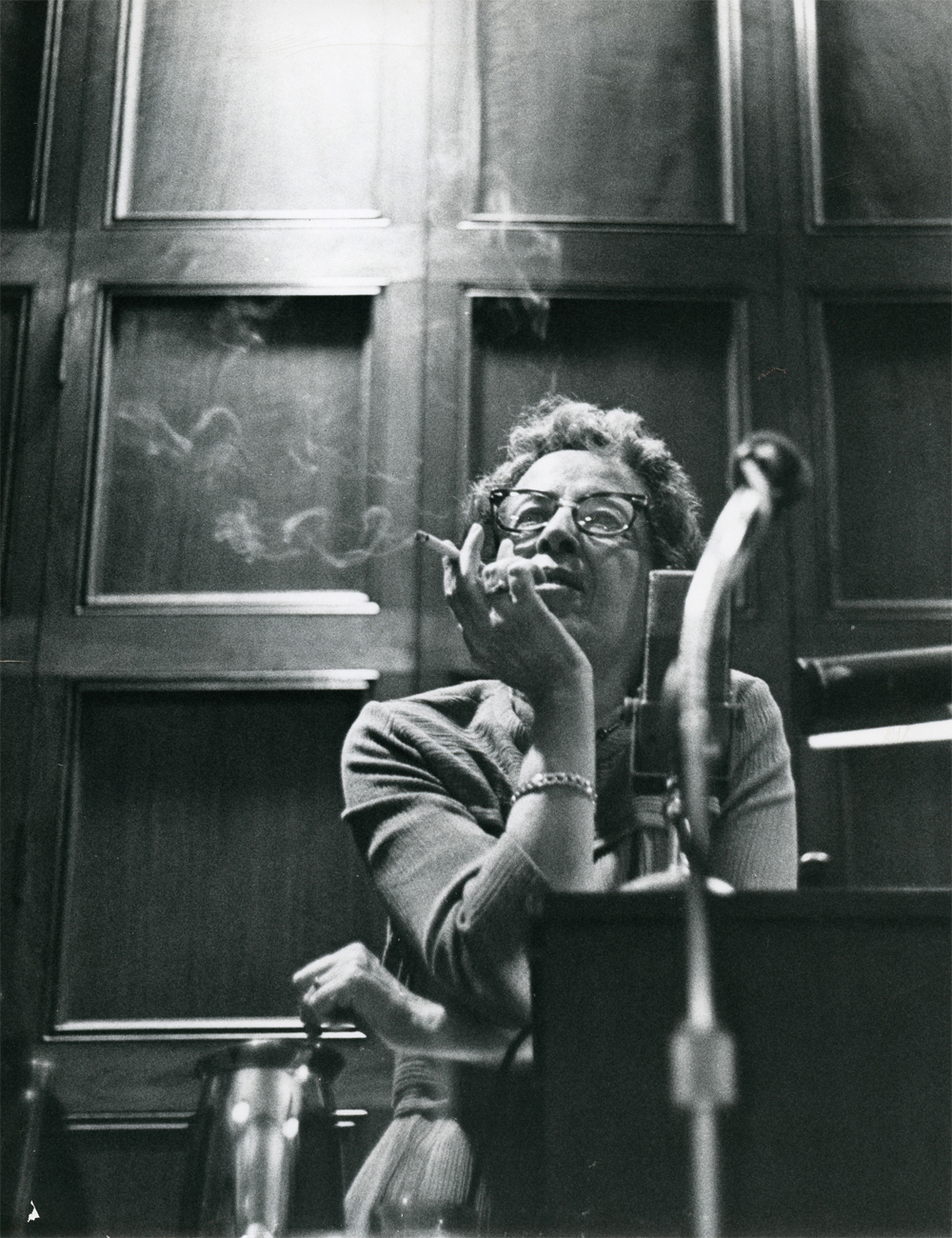
By 1947, after largely completing the first two sections, she realized that the third section required her to deal seriously with the U. Its broad themes included the collapse of the nation-state, the ineffectuality of the bourgeoisie and their Continental party system, the fragility of what she called “the right to have rights,” and perhaps above all the crisis of modernity itself (with its pervasive feelings of anomie and alienation). In 1945, a mere four years after finding refuge in the United States, Arendt had begun writing this great book. Even as the twenty-first century may well become known as the age of terrorism, marking places in accordance with the atrocities committed there, The Origins of Totalitarianism remains a work that testifies to something unhinged and perilous in Western history, a rebuke to the reassurances of faith and hope. But it was the third section, entitled “Totalitarianism,” that recorded the danger and irrational disorientation that permeated modern politics. While studying at the Sorbonne in 1963-64, I had for the first time encountered Africans and Arabs and flipping through pages of Jeune Afrique made me aware of the continent that Arendt would describe as a site for testing the totalitarian thesis of human superfluity. But her second section, “Imperialism,” resonated too.

My parents were Jewish refugees from Germany and Romania, and I can still remember the impact of the boldness of the first section of Origins: “Antisemitism.” She made it integral rather than peripheral to the history of Europe over the course of the previous century and a half. The psychic depths that this volume tapped in me undoubtedly mattered as much as the specific insights that Arendt seemed to offer on every page, even in every paragraph. Channing was right, even though I could grasp the power of Hannah Arendt’s book only after devouring it a couple of years later. A gangly bohemian from Boston who had changed his family name from Cohen and had become a Unitarian, he showed me his paperback edition (1958), and told me how brilliant its author was.

Hannah Arendt, The Origins of Totalitarianism (New York, NY: Harcourt, Brace and Co, 1951).Įven over the span of more than half a century, I can still vividly recall when The Origins of Totalitarianism (1951) first came to my attention, as the gesture of a Tulane University upperclassman named Burt Channing.

Whitfield on Hannah Arendt’s The Origins of Totalitarianism (1951 )


 0 kommentar(er)
0 kommentar(er)
